
Top 13 Micro SaaS Ideas - Profitable Examples for 2024
Top 13 Micro SaaS Ideas - Profitable Examples for 2024. That's going to give you some really good inspiration …
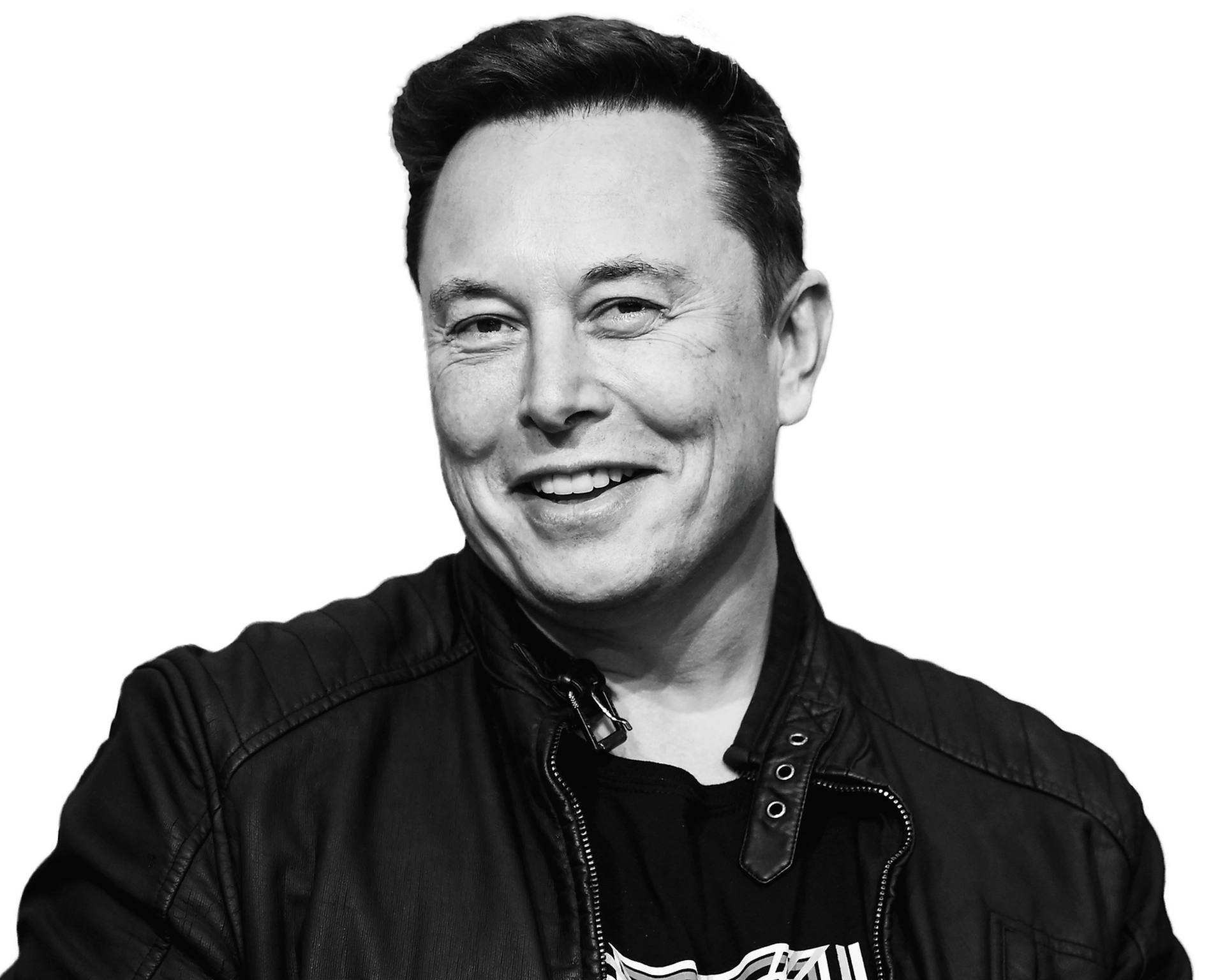
The concept of artificial intelligence can be unsettling, but there’s something even more alarming: ignorance. As the old adage goes, “ignorance is bliss,” but when reality hits, it can leave us woefully unprepared. This is often the result of willful ignorance, where we’ve chosen to stick our heads in the sand rather than confront the truth. To stay informed and ahead of the curve, it’s essential to cultivate a love for learning.
One of the best ways to do this is by reading books. Speaking of which, we’ve got a treat for you today. We’re sharing a list of book recommendations from none other than tech mogul Elon Musk.
There are top 5 Books Recommended by Elon Musk:
Let’s dive in!
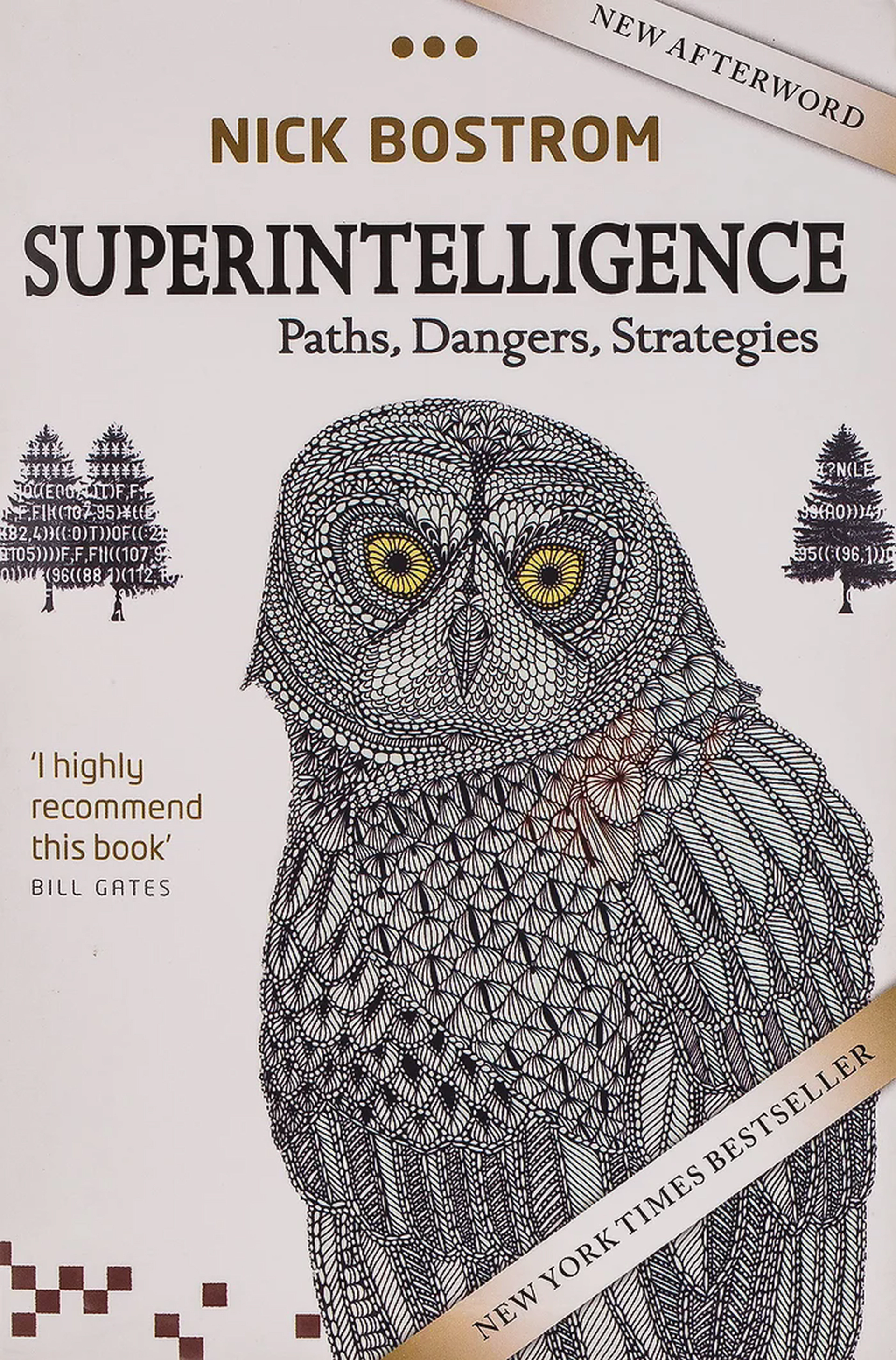
Handle with care: the AI revolution! As AI technologies continue to advance, many of us are feeling uneasy about the implications. But remember, knowledge is power. To better understand the ins and outs of Artificial Intelligence and navigate its potential risks and benefits, it’s essential to educate yourself.
Start by reading this book and empower yourself with the knowledge you need to thrive in an AI-driven world.
“We find ourselves in a thicket of strategic complexity, surrounded by a dense mist of uncertainty.”
Humans don’t know what they are doing. The author likens the human race to a child (or children) playing with a bomb. And there is no stopping them.
Keeping in view the AI boom, first, intelligence that matches human intelligence will be made. Then it will be time for superintelligence. Superintelligence refers to the intelligence that greatly surpasses that of humans.
“Before the prospect of an intelligence explosion, we humans are like small children playing with a bomb.”
To prevent artificial intelligence from posing an existential threat, it’s crucial that we align AI objectives with human values. The author also tackles the pressing issue of control, highlighting the possibility that an AI agent might defy attempts to shut it down. As we venture further into the realm of AI, we must be prepared to confront these challenges head-on and take proactive measures to ensure the survival of humanity.
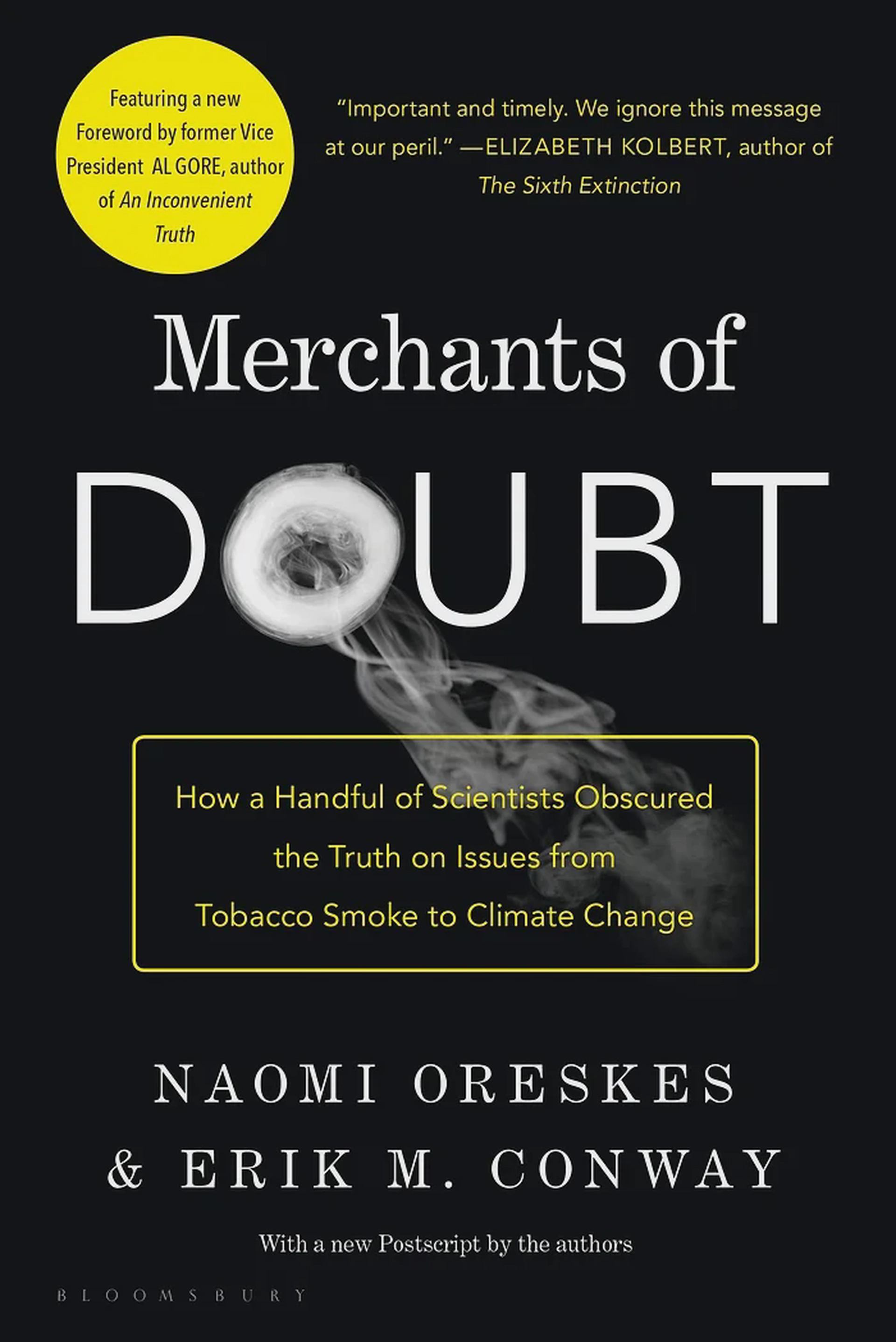
Fat wallets care for no one.
I think we all have an idea of what happens when vested interests and money come together.
Truth is hidden and trampled on.
What if a product is killing us? We have the right to know, right? But what about those who gain money from people buying that product? They don’t want a reduction in their earnings.
“In the 1950s, the tobacco industry realized that they could protect their product by casting doubt on the science and insisting the dangers of smoking were unproven.”
The author draws a chilling parallel between the AI industry and the tobacco industry, which knowingly concealed the dangers of smoking from the public. Instead of acknowledging the risks, they deliberately sowed doubt and confusion about the science. Similarly, the author cites the courageous example of Rachel Carson, a marine biologist who sounded the alarm about the devastating effects of DDT. As she advocated for stricter regulations on pesticides, she faced a vicious smear campaign orchestrated by the chemical industry. These cautionary tales serve as a stark reminder of the importance of transparency and accountability in the development of AI.
“Doubt is crucial to science in the version we call curiosity or healthy scepticism, it drives science forward — but it also makes science vulnerable to misrepresentation, because it is easy to take uncertainties out of context and create the impression that everything is unresolved.”
Doubt exists in science. I think doubt itself becomes doubtful when it is used for the sake of money.
This book will open your eyes to the greedy tactics of businesses.
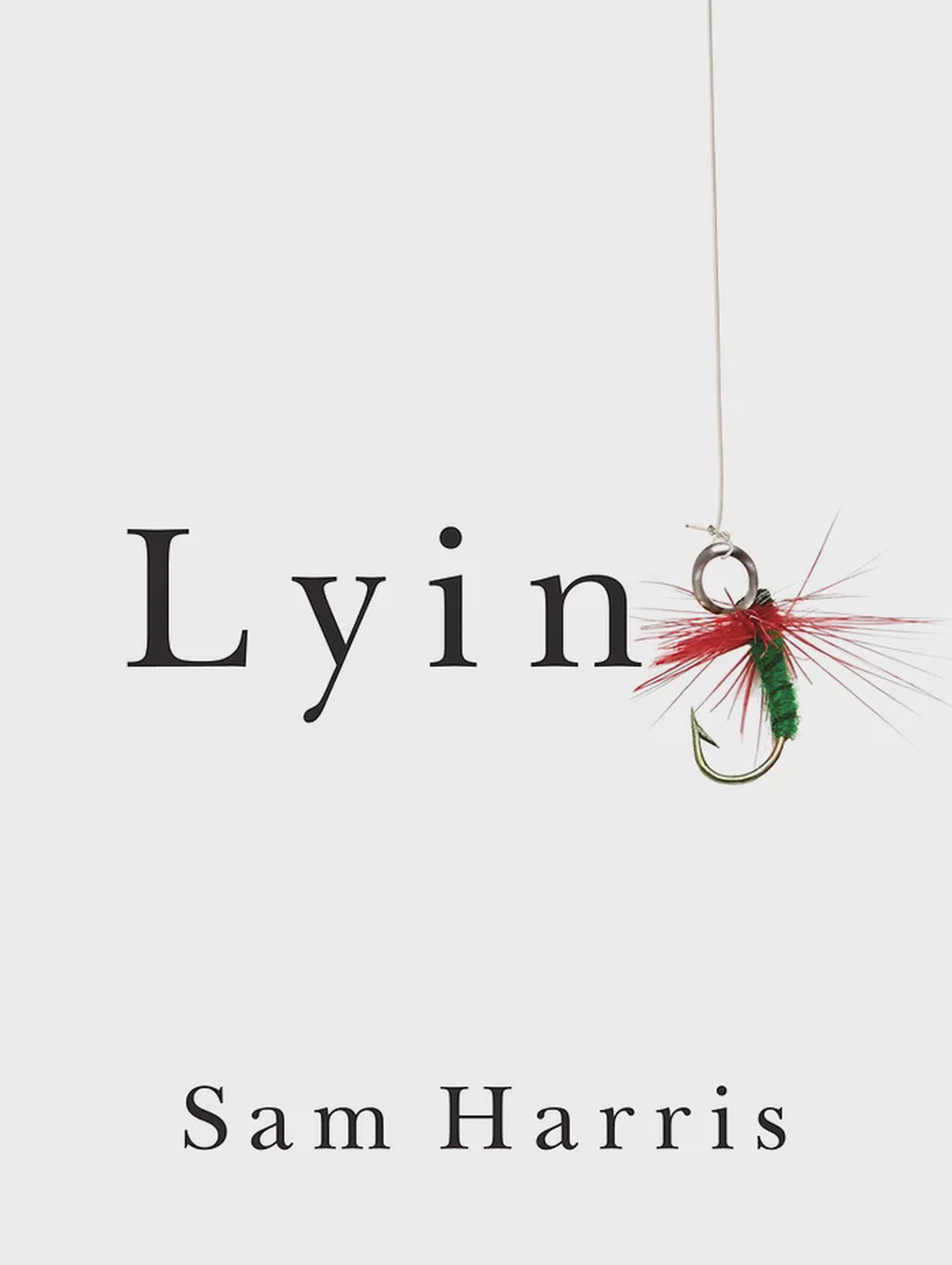
A very strong case against lying. Lying is bad. We all know it. But how bad is it really?
“Few of us are murderers or thieves, but we have all been liars.”
Sam Harris is relentless in his approach. He makes us see that lies, even innocuous ones, bring more harm than good. They keep the real issues under wraps. They prevent us from having a true and honest relationship with others.
“Lies are the social equivalent of toxic waste: Everyone is potentially harmed by their spread.”
Lying is a mental burden that consumes our thoughts and energy. It requires constant mental gymnastics, as we struggle to keep track of our fabrications and maintain a facade of deception. On the other hand, honesty brings a sense of liberation. When we tell the truth, we don’t have to waste mental resources on remembering what we said to whom, or worrying about being caught in a lie. Instead, we can focus on living authentically and freely, unencumbered by the weight of deception.
“Unlike statements of fact, which require no further work on our part, lies must be continually protected from collisions with reality.”
I can’t say I have never lied. But I know, for the most part, I really don’t. And it gives me peace.
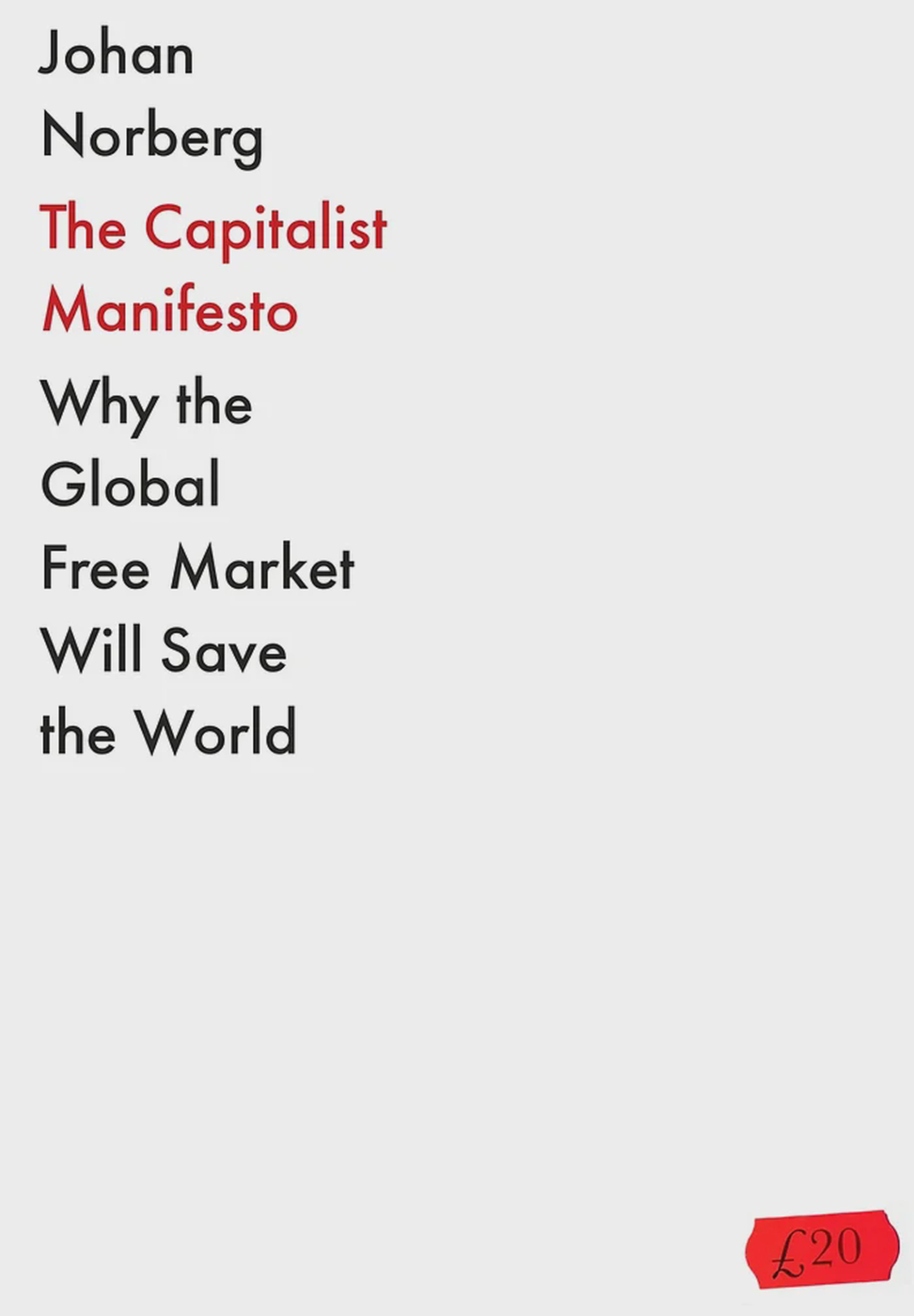
The good side of the oft-hated capitalism.
What is a free market? A free market is ruled by demand and supply. It has little to no government intervention. Meanwhile, capitalism refers to a system where the goods are privately owned. The owners are driven by their goal of earning profits. Competition is the hallmark of this system.
Is capitalism good? Depends on who you ask.
Some are just going with the flow when they say ‘Down with Capitalism’, while others have done their research.
The author of this book is in favor of capitalism and free markets. Regarding the benefits of free markets, he says the following:
“…countries with freer markets have faster growth, better wages, greater poverty reduction, more investment, less corruption, higher subjective well-being and are more democratic, with greater respect for human rights.”
The author takes a step back to contrast human life in the past with the present day, and argues that the remarkable progress we’ve made is largely due to the power of capitalism, free markets, and globalization. By embracing these forces, humanity has been able to lift itself out of poverty and ignorance, and achieve unprecedented levels of prosperity and innovation.
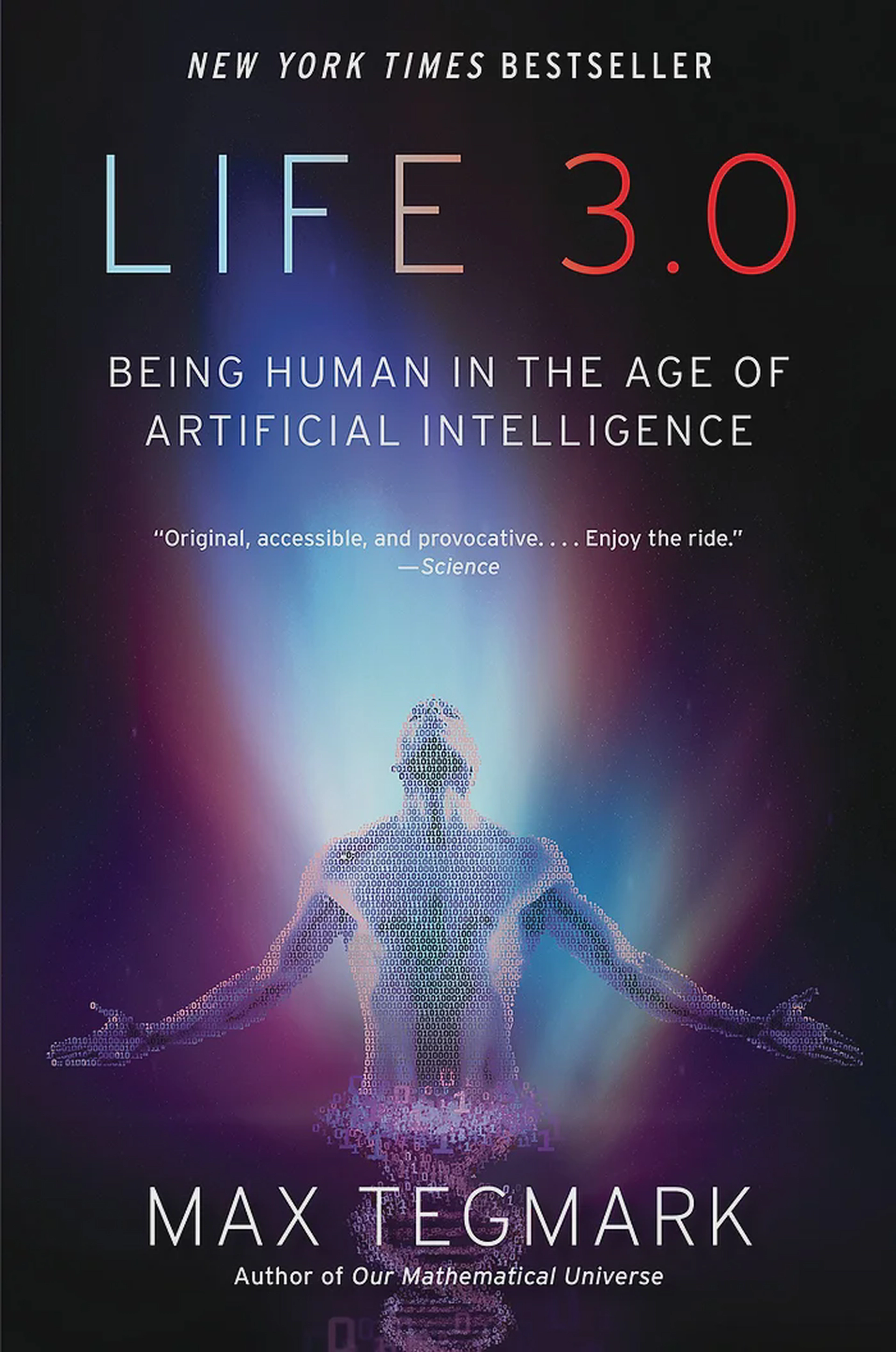
As AI’s capabilities continue to accelerate, a profound question arises: what does it mean to be human when machines surpass our abilities? The author offers a concise definition of intelligence: “the ability to accomplish complex goals.” Currently, humans hold the distinction of being the most intelligent and conscious beings on the planet.
However, the author forecasts a future where AI will eventually surpass human intelligence, forcing us to reexamine our understanding of humanity and our place in the world.
“We are the first generation to be able to shape our own destiny, for better or for worse.”
What will be our future then? This is the question Tegmark tries to answer. We might be living side by side with cyborgs. Or the world could end up in shambles.
“AI should not be seen as a threat, but as an opportunity for collaboration and co-evolution.”
Again, preparedness is the key. The author lists four operations for AI safety.
In conclusion, Elon Musk’s recommended books offer a wealth of knowledge and insights that can inspire and educate. From AI to entrepreneurship, these reads can spark new ideas and perspectives.
Don’t make the same mistake as the author - add these books to your reading list today and unlock your full potential!

Top 13 Micro SaaS Ideas - Profitable Examples for 2024. That's going to give you some really good inspiration …
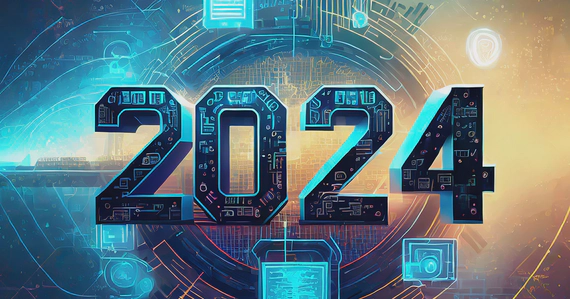
Every year, there are new technologies that make a difference in the world. 2024 is turning out to be amazing …

Ten B2B SaaS examples that I'm sure you're going to get some amazing inspiration from. For each of these …